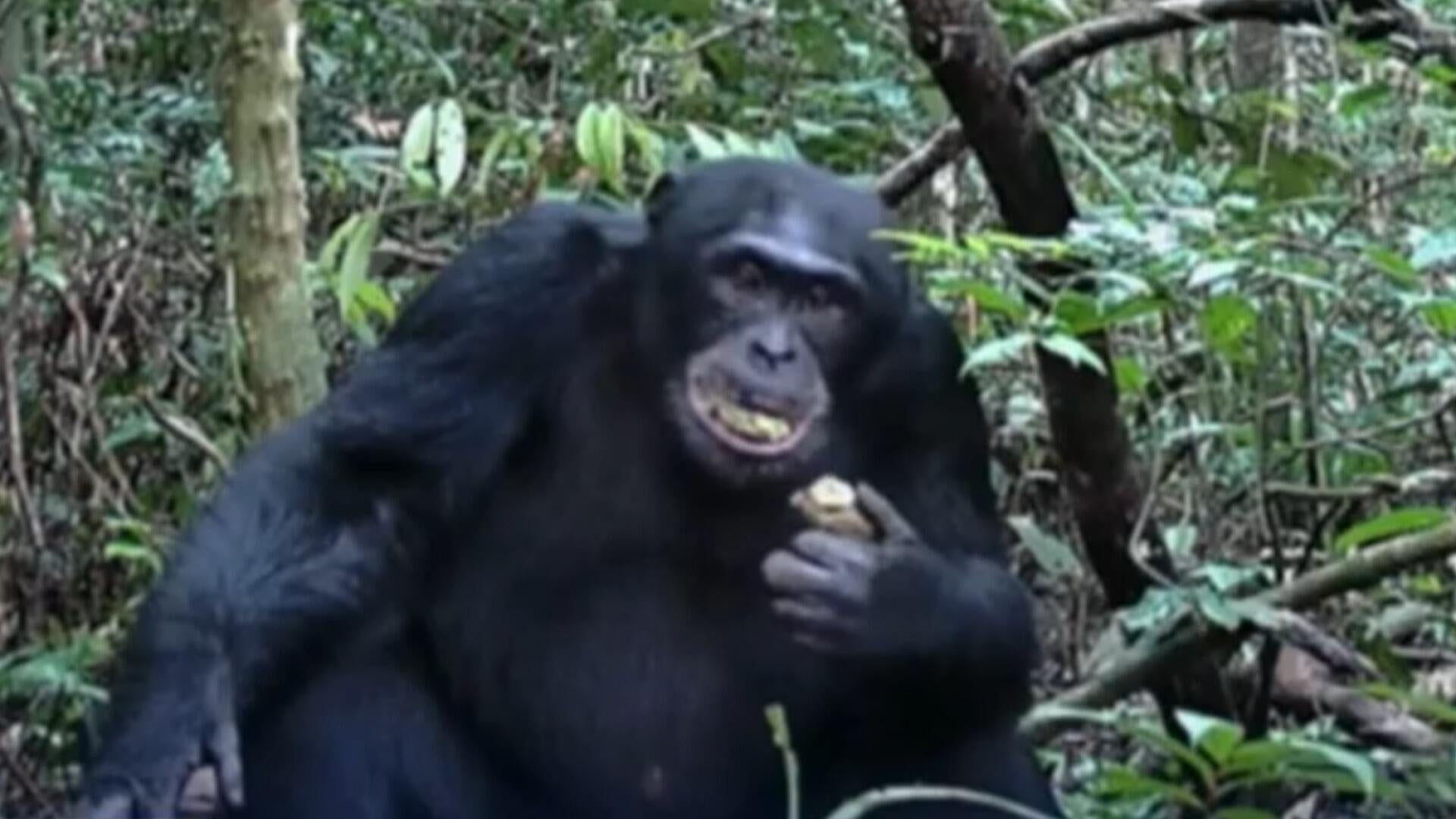Articles in this Cluster
19-09-2025
Shankar, Delhi's only African elephant, died at 29 after a life of isolation. He was a diplomatic gift from Zimbabwe in 1998 but was left alone after his companion died in 2001. Despite efforts to rehabilitate him, Shankar spent years in solitary confinement, prompting criticism from animal welfare activists. The cause of his death is unknown, and activists are calling for accountability.
Entities: Shankar, Delhi, India, Zimbabwe, Shankar Dayal Sharma • Tone: neutral • Sentiment: negative • Intent: inform
19-09-2025
A new study has found that wild chimpanzees in Uganda and Côte d'Ivoire consume the equivalent of nearly two alcoholic beverages per day through the fermented fruit they eat. Researchers tested the fruit chimps snack on and found that it contains about 0.3% alcohol by weight. While the chimps don't get drunk, they are exposed to a steady low dose of alcohol. The study's findings support the 'drunken monkey' hypothesis, which suggests that humans' attraction to alcohol may have originated from our ancestors' fruit-eating habits. The research provides the first direct chemical measurements of ethanol in the fruits that wild chimps eat and connects those numbers to daily intake.
Entities: Wild chimpanzees, Uganda, Côte d'Ivoire, University of California Berkeley, Robert Dudley • Tone: neutral • Sentiment: positive • Intent: inform
19-09-2025
The state of Kerala in India is facing a public health challenge due to a surge in cases of primary amoebic meningoencephalitis (PAM), a rare but lethal central nervous system infection caused by the 'brain-eating' amoeba Naegleria fowleri. Since the beginning of the year, 69 cases have been reported, resulting in 19 deaths. The state government has begun chlorinating water sources and public bathing areas to prevent further infections. The global survival rate for PAM is around 3%, but Kerala has achieved a survival rate of 24% due to advanced testing and diagnosis. Climate change is likely to increase encounters with the pathogen.
Entities: Kerala, India, Naegleria fowleri, Veena George, Primary amoebic meningoencephalitis (PAM) • Tone: neutral • Sentiment: negative • Intent: inform
19-09-2025
Kenyan villagers in Chasimba fought against an Emirati-backed company that aimed to destroy their sacred caves to build a cement plant. After a five-year battle, a Kenyan court revoked the company's licenses, preserving the caves and the community's cultural heritage.
Entities: Kenya, Chasimba, Chonyi people, Lugadi Runya Shipa, Emirati-backed company • Tone: neutral • Sentiment: positive • Intent: inform
19-09-2025
Chinese scientists have developed a detection algorithm and dataset for global ocean fronts, which are biodiversity hotspots that can help fishermen and researchers find prime fishing grounds. The dataset, which covers the past 42 years, is the first publicly available global ocean front dataset and has broad applications in oceanography, ecology, and fisheries research. The high-resolution dataset has been validated with on-site measurements and could become a powerful tool for understanding and managing the ocean, including examining the impact of climate change. The dataset and detection algorithm can be used for studies on ocean dynamics, marine ecology, biogeochemistry, ocean management, and climate change, as well as a training dataset for artificial intelligence.
Entities: China, Chinese scientists, Earth System Science Data, ocean fronts, oceanography • Tone: neutral • Sentiment: positive • Intent: inform
19-09-2025
The article discusses the unique characteristics of ginkgo fruit and nuts, highlighting their toxicity and potential health risks if not consumed properly. It explains that while ginkgo nuts are edible and considered delicious when cooked, they contain toxins that can cause poisoning, especially in children. The article provides information on how to safely eat ginkgo nuts and references the Hong Kong Centre for Food Safety's warnings about the dangers of raw or excessive consumption.
Entities: Ginkgo biloba, Oxford English Dictionary, Oxford Companion to Food, Jurassic era, Hong Kong Centre for Food Safety • Tone: neutral • Sentiment: neutral • Intent: inform
